On February 10, 2024, the first day of the Lunar New Year, many young people were among the crowd offering incense and praying for blessings at the Yonghe Temple in Beijing. (Screenshot from a video)
[People News] 9. The Journey of the Soul
My mother’s promise was fulfilled. I joined the second batch of Red Little Soldiers.
But by then, the reality of society had already spiritually separated me and my parents. We stood at the same point, yet moved in opposite directions. And the road we walked was one my mother willingly chose — even if it required immense effort — to pave for us the so-called "sunny avenue" that everyone at the time believed in and strove toward.
Yet from that moment, I realised I was different from others. I felt like something was missing in me. Though my excellent academic performance helped compensate for that gap, I couldn’t ignore the feeling. Every time classmates shouted “Big landlord Cao” or “Big landlord Xiao,” my heart would tremble. I witnessed with my own eyes the terrifying discrimination those two classmates, born into landlord families, endured. “Big landlord” replaced their names. Cao, in particular, lived next door to us. He was small and skinny, sat in the first row of class, and no one ever talked to him. In my memory, he always sat turned around in his seat, watching the rest of the class laughing and joking during breaks, his eyes full of envy and loneliness, always silent.
Everyone clearly knew my “revolutionary cadre” background was just a cover — a thin veil, barely hiding the truth. But my young, innocent soul was deeply scarred time and again.
After the 1957 Anti-Rightist Campaign, the Communist Party grew even more vigilant about “class struggle.” The class lines became sharper and increasingly irreconcilable, reaching a peak during the Cultural Revolution. People, eyes red with hatred, grouped others by the standard of “red roots and strong seedlings.” Personal history became more important, more frequently filled out, and increasingly detailed and strict. One day, I was horrified to find a new column in the form: “Family Economic Situation Before Liberation.”
The teacher shouted from the podium: “That means how many houses your family had, how much land, the number of pigs, horses, cows, and sheep — everything must be filled in!”
A classmate chimed in from below: “Do we count chickens, ducks, geese, and dogs too?” The whole class burst into laughter. The teacher raised her already shrill voice even higher and warned, “Everything must be reported truthfully!”
My face burned with embarrassment. It felt like the explanation was aimed directly at me, and that column was designed just for me.
Back home, I could no longer contain my deep despair. Those harsh words and mocking laughter rang in my ears. I threw the form in front of my mother and couldn’t hide my silent tears anymore…
Looking at the form, my mother immediately understood. After dinner, she took a piece of paper and carefully wrote down the precise numbers of houses, land, carriages, horses, cows, and sheep that our family—to be specific, my grandfather’s household—had before Liberation. She tucked it into the form and handed it to me.
But I stubbornly refused to write it in. Finally, helpless, my mother filled in the column for me herself, stroke by stroke. Through blurry tears, I suddenly felt a deep pity for her. Her expression was sorrowful. I couldn’t help but wonder: My parents weren’t tyrants like Huang Shiren or Liu Wencai — how could I blame them? But if not them, then whom should I blame? Or should I just blame fate?
The next day, the class bustled as everyone turned in their forms. Some were still filling them out and passed them around for others to see and comment on.
One student asked, “How come your family’s class status is ‘hired labourer’? What does that mean?”
Another explained, “Hired labourers are even better than poor peasants — they had absolutely nothing. No house, no land — the real proletariat.”
“Wow!” Everyone marvelled and looked on with admiration.
Listening to them, I lowered my head in fear, afraid someone would ask to see my form. I buried my head on the desk and struggled through the minutes. I didn’t dare send the form to the front, where students were flipping through and commenting on others’ forms.
I waited and waited for the teacher to come and collect them.
At last, the teacher arrived, and everyone returned to their seats. She called out from the podium, “Anyone who hasn’t turned in their form, bring it up now!”
A few students went up to place their forms in a pile. My heart pounded. I forced myself to walk up as if nothing was wrong and placed mine on the stack. But back at my seat, I noticed — mine was on top, the last one submitted, clearly visible. I sat like I was on pins and needles, imagining that once class ended, everyone would rush up, flip through the pile, and discover mine like a new continent. Those terrifying numbers — the houses, land, and property — gnawed at my heart like sins. I don’t even remember how I got through that class.
Finally, the bell rang. I watched the teacher anxiously.
She called out, “Class dismissed!” and picked up the stack of forms to take with her out of the classroom.
A huge weight lifted from my heart. I exhaled deeply.
In 2004, after the publication of Nine Commentaries on the Communist Party, I returned to my hometown to tell the truth and help people withdraw from the Party. I sought out my childhood classmates. In Changchun, I found Cao, the very “Big Landlord Cao” mentioned in this story. By that time, he had become a doctoral advisor at a key national university in Changchun. Through him, I reconnected with other classmates.
After more than 30 years apart, we were all now touched by time—weathered faces and greying hair. We greeted one another and confirmed our names, filled with emotion. We talked from morning to noon, through lunch, into the afternoon, and then through dinner — still reluctant to part. So many years had passed, yet the stories and memories were inexhaustible. Someone suggested singing, and we did. One childhood song after another stirred memories long buried in time: The moon sails through lotus-like clouds, A breeze brings songs of joy… We sit beside a high dirt mound, listening to Mama’s tales of days gone by… Back then, Mama had no land… Her sweat poured into the landlord’s burning fields… Thirty years later, when I sang that once-heartbreaking song again, memories flowed through me like a small stream.
Suddenly, I noticed something. Cao, the professor, was singing with great feeling, but every time he got to the word “landlord,” he abruptly paused, like slamming on brakes. He would skip over those two words and continue singing.
When it happened again, the childhood cry of “Big Landlord Cao” and all those memories rushed back. Clearly, those two characters — “landlord” — still brought him deep pain. Even after all these years, he hadn’t let go.
Jokingly, I said, “Cao, why don’t you sing the word ‘landlord’? Come on, sing it!”
He suddenly widened his eyes and looked at us. I smiled and said again, “Sing it out!”
But his eyes welled up with tears, and just like in the past, he bowed his head… The classmates saw and heard — tears sparkled in their eyes, too. I understood those childhood tears. I gently said, “Sing it, and you’ll be free…”
People often say, “Time heals all wounds.” But that’s not true. Generations of humiliation, decades of suffering — a young soul simply cannot bear such burdens. They’re just sealed away by time. The scars remain.
That a doctoral advisor, after nearly 40 years, still couldn’t let go of the darkness and pain filled me with sadness. From the land reform of 1945 to the end of the Cultural Revolution in 1976, the Chinese people fought and suffered for over 30 years — how could that be forgotten? And yet, not long after the people had just begun to eat their fill, new turmoil arose in 1999 and has not ceased to this day.
I deeply feel that humanity must change! Humanity needs Truthfulness, Compassion, and Forbearance. It needs warmth and love. Must China — and the world — always be filled with violence and slaughter? No! This is not how humanity is meant to be! I am sincerely happy for today’s people that the great Master has brought the Dafa of the universe to the world. All evil, killing, and persecution will soon end. A blessed future awaits mankind!
Without cultivation, life has no true meaning. This feeling rises in my heart once more, and I am filled with gratitude.
I have obtained Falun Dafa! I am fortunate! I have resolved what that professor could not — the childhood trauma and confusion. I have transcended the mundane world because Dafa has given new meaning to every level of my life!
△ (To be continued)

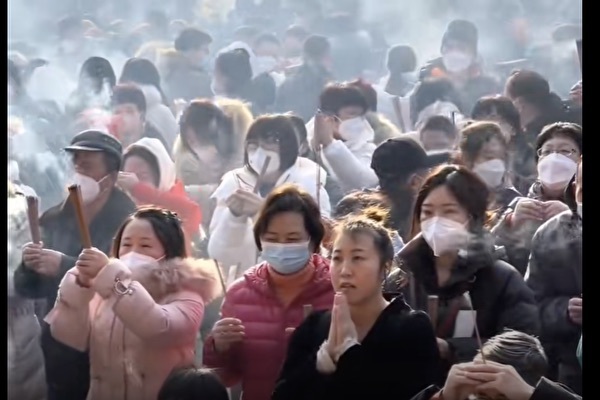


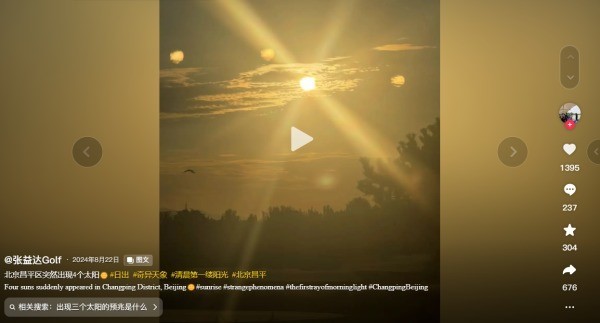
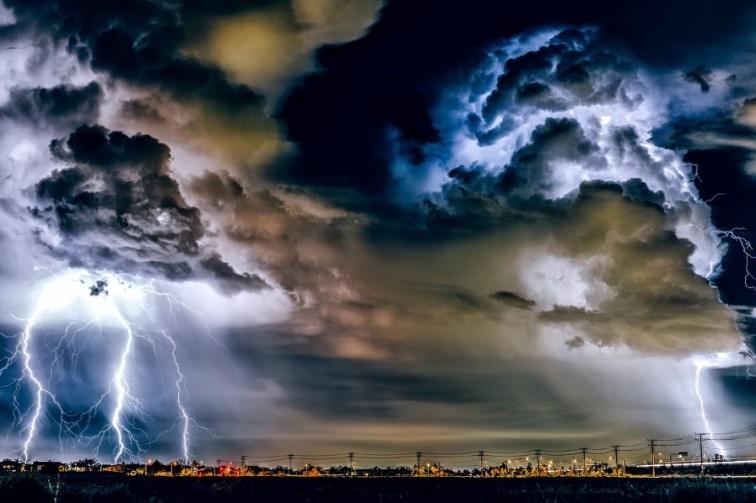

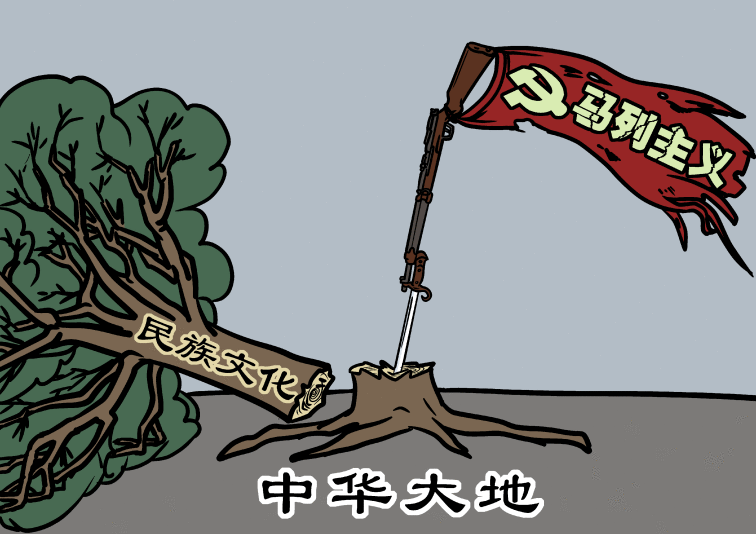

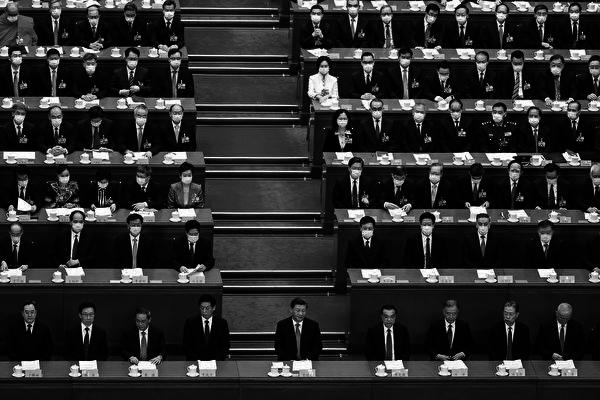

News magazine bootstrap themes!
I like this themes, fast loading and look profesional
Thank you Carlos!
You're welcome!
Please support me with give positive rating!
Yes Sure!